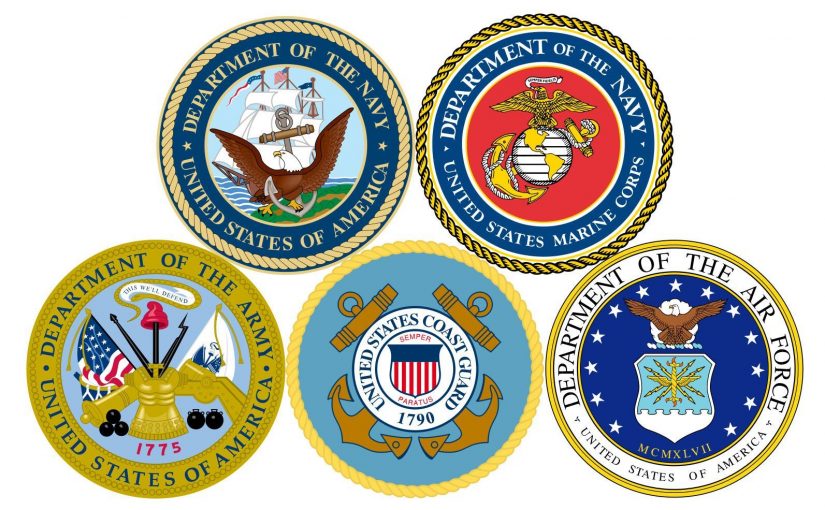Jonathan Hogan
Screenwriting, similar to professional creative writing, constitutes a small and highly competitive profession. Because of this, the internet is full of suggestions that come from highly privileged places. One website, for example, recommends quitting your job and writing 9 – 5 while also moving to L.A. (“How to Become a Screenwriter”). Such a focus on individual solutions to the restrictive nature of screenwriting obscures larger structures that make entry into the industry especially difficult for those with oppressed identities. The unhelpful nature of websites such as these is especially frustrating when one considers the most recent report on diversity in Screenwriting by the Writers Guild of West America.
According to the report, 56% of the industry identify as white men, 21% as white women, 13% as men of color, and 10% as women of color (Robb). When compared to demographics in the U.S. population, white male screenwriters are the only over-represented group, whereas representation of Native/Indigenous writers and Middle Eastern writers equates to “near-total erasure.” In light of the dual difficulties of a both restrictive and seemingly unaware industry, aspiring to become a screenwriter might seem an act in vain. Nonetheless, there are screenwriting programs that look to explicitly support underrepresented groups. I will explore three of these programs below, however, a full list of 10 programs is available here.
- Coalition of Asian Pacifics in Entertainment – New Writers Fellowship
The Coalition of Asian Pacifics (CAPE) is an organization seeking to “champion… diversity by educating, connecting, and empowering Asian American and Pacific Islander artists and leaders in entertainment and media” and dates back to 1991 (“CAPE’s Mission and History”). CAPE hosts multiple programs focusing on helping Asian Americans and Pacifica Islanders break through barriers in areas ranging from directing to screenwriting. Their New Writers Fellowship takes place in the Spring and sees accepted writers attend workshops while matching them with “a high-level industry mentor to help them revise their original script into professional-level writing samples” (“CAPE New Writers Fellowship — Developing Asian & Pacific Islander Screenwriters in TV and Film”).
2. The Black List WIF Feature Residency
The Black List Women in Film Feature Residency provides “six promising non-professional screenwriters who are of underrepresented genders (women, NB/GNC and/or trans, and others) to participate in a one year residency” (“2021 Black List / WIF Feature Residency | The Black List”). The residency’s focus is twofold. Namely, it focuses on improving residents’ writing skills, while also connecting residents with production companies (“2021 Black List / WIF Feature Residency | The Black List”). Although the program focuses on pursuing gender equality in screenwriting, it should be noted that “Women in Film,” the sponsoring organization, has a recently formed Black Member Forum and thus seems to at least be aware of the importance of an intersectional understanding of oppression.
3. Native American Media Alliance – Native American TV Writers Lab
Native American Media Alliance hosts a “5 week intensive scriptwriters program that prepares Native Americans for writing careers at major television networks” (“Native American Media Alliance | 6th Annual Native American TV Writers Lab Application”). During the program, writers will “complete an original plot… and receive feedback from peers and an experienced writing instructor” (“Native American Media Alliance | 6th Annual Native American TV Writers Lab Application”). At the end of the program, writers will then pitch their scripts to executives from various production companies. Although the program certainly focuses on getting Native American’s into the industry, a further goal of the program is “to improve media portrayals of Native Americans” (“Native American Media Alliance | Mission”).
Bibliography
“2021 Black List / WIF Feature Residency | The Black List.” The Black List, https://blcklst.com/partnerships/opportunities/94. Accessed 19 Apr. 2022.
“CAPE New Writers Fellowship — Developing Asian & Pacific Islander Screenwriters in TV and Film.” CAPE, https://www.capeusa.org/cnwf. Accessed 19 Apr. 2022.
“CAPE’s Mission and History.” CAPE, https://www.capeusa.org/mission-history. Accessed 19 Apr. 2022.
“How to Become a Screenwriter: A Pro’s Ultimate Guide.” Script Reader Pro, 14 June 2018, https://www.scriptreaderpro.com/how-to-become-a-screenwriter-one-day/.
“Native American Media Alliance | 6th Annual Native American TV Writers Lab Application.” Native American Media Alliance, https://nama.media/6th-annual-native-american-tv-writers-lab-application/. Accessed 19 Apr. 2022.
“Native American Media Alliance | Mission.” Native American Media Alliance, https://nama.media/mission/. Accessed 19 Apr. 2022.
Robb, David. “WGA West Screenwriting Inclusion Report: Women & People Of Color Continue To Make Progress In Hiring But ‘Remain Significantly Underrepresented.’” Deadline, 5 Nov. 2021, https://deadline.com/2021/11/screenwriting-inclusion-report-women-people-of-color-continue-progress-underrepresented-wga-west-1234869192/.

Jonathan is a Third Year German and Government major. He works as a Peer Educator to assist students in the CJW and GLI career communities. In addition to professional development, Jonathan is interested in the cultural construction of the modern nation-state, normative constraints on rational behavior, and all things German. You can schedule an appointment with him here to improve your resume, learn more about the CJW and GLI career opportunities, and work on anything else professional development-related.


